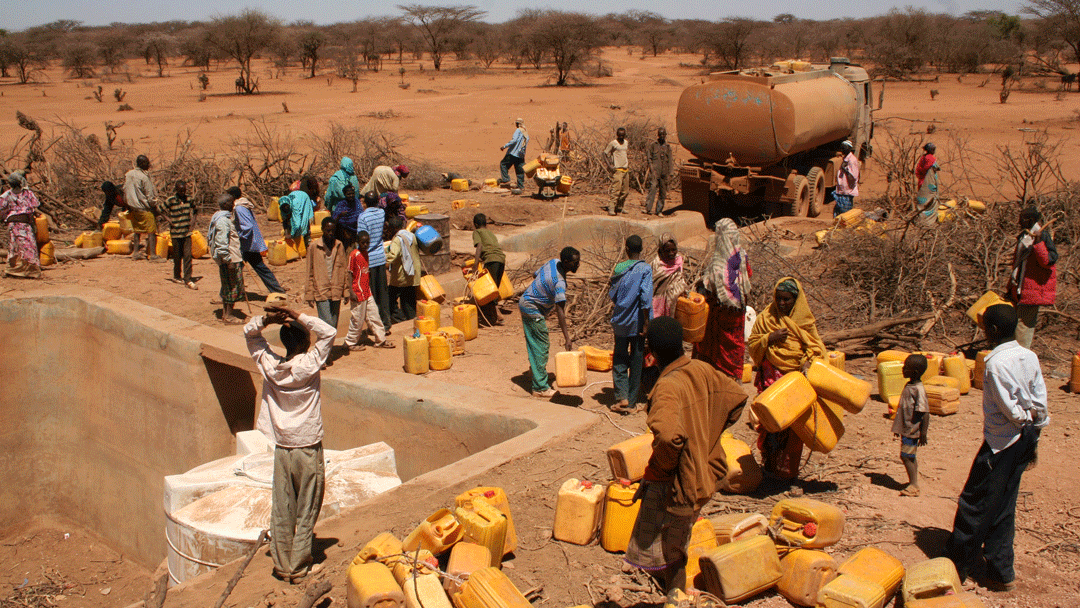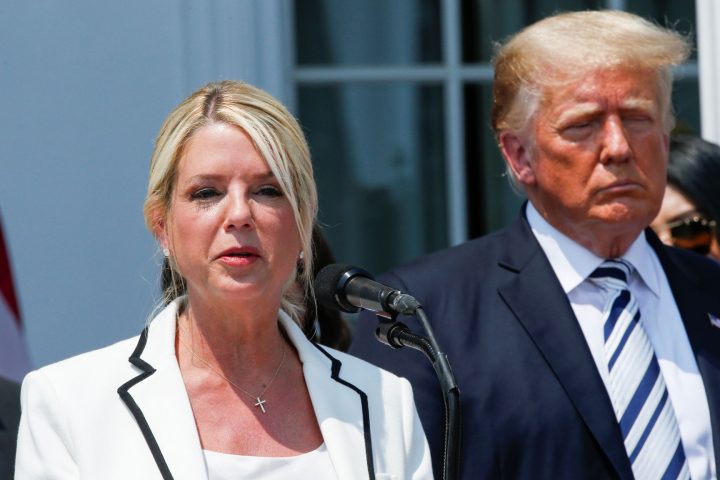The United Nations through its humanitarian agencies has raised the alarm over the harsh economic downturn that has left no fewer than 60 million people without humanitarian services in the Horn of Africa.
The UN humanitarian agencies which include the World Food Program, World Health Organisation (WHO), United Nations Office for the Coordination of Humanitarian Affairs (OCHA), United Nations Population Fund (UNFPA), United Nations High Commissioner for Refugees (UNHCR) amongst others said on Monday that the economic downturn which is as a result of Climate, armed conflict, high food prices and post-COVID-19 economic fall-out in the Horn of Africa has caused these persons to be in urgent need of the services.
Liesbeth Aelbrecht, the World Health Organisation’s (WHO) incident manager for the greater Horn of Africa emergency, said in a statement that children in the area were also in urgent need. “About five million children under the age of five are estimated to be facing acute malnutrition in 2023 in the Horn region, in the Greater Horn. That is about 10.4 million, that is just a staggering figure,” she said.
“What our colleagues are seeing in clinics and in hospitals, since the beginning of this year, are the highest level of severely malnourished children who are now coming to these facilities with medical complications since the crisis began three years ago.”
The Horn of Africa which comprises Djibouti, Ethiopia, Kenya, South Sudan, Sudan, Eritrea, and Lesotho has been faced with issues of terrorism, drought and pockets of wars that have rendered more than 4.5 million people in refugee camps with many more dead.
Recent rains have eased the hardship caused by years of drought that has led to acute food shortage. However, “one rainy season is not enough to bring an end to the crisis,” WFP Senior Emergency Officer Dominique Ferretti told reporters.
He also added that the rains brought flash floods that led to the closing of schools, washing away of farms and killing of livestock which resulted in the outbreak of Cholera, malaria and other diseases which the UN’s health agency tagged the largest outbreak in recent times in the Horn.
The 60 million severely food insecure include more than 15 million women of reproductive age, 5.6 million adolescent girls and close to 1.1 million pregnant women.
Close to 360,000 of them are expected to give birth in the next three months, according to the United Nations Population Fund (UNFPA).
When asked what the effect the nonrenewal of the Ukraine black sea deal on the countries in the Horn of Africa, the World Food Program Officer said “The reality is that Ukraine is the breadbasket, it is a major supplier and it would hit us hard if this Black Sea initiative was not renewed.”
Emphasizing the need for investment in the Horn of Africa, the Food and Agricultural Organisation (FAO) said the world needs to shift from emergency response to creating and investing in a system that will best handle the food crises bedeviling the Horn.
According to FAO, investing in soil and water conservation, building of silos and ensuring the availability of drought-resistant crops will go a long way in easing food shortage.
READ ALSO: United Nations’ Agency Seeks Improved Humanitarian Aids
In May, the United Nations appealed to the world to raise $7 billion to salvage the crises that have been going on in the Horn.
The UN Secretary-General, Antonio Guterres, had said: “We must act now to prevent the crisis from turning into catastrophe. Let us act together now – with greater urgency and far greater support.”


















Follow Us